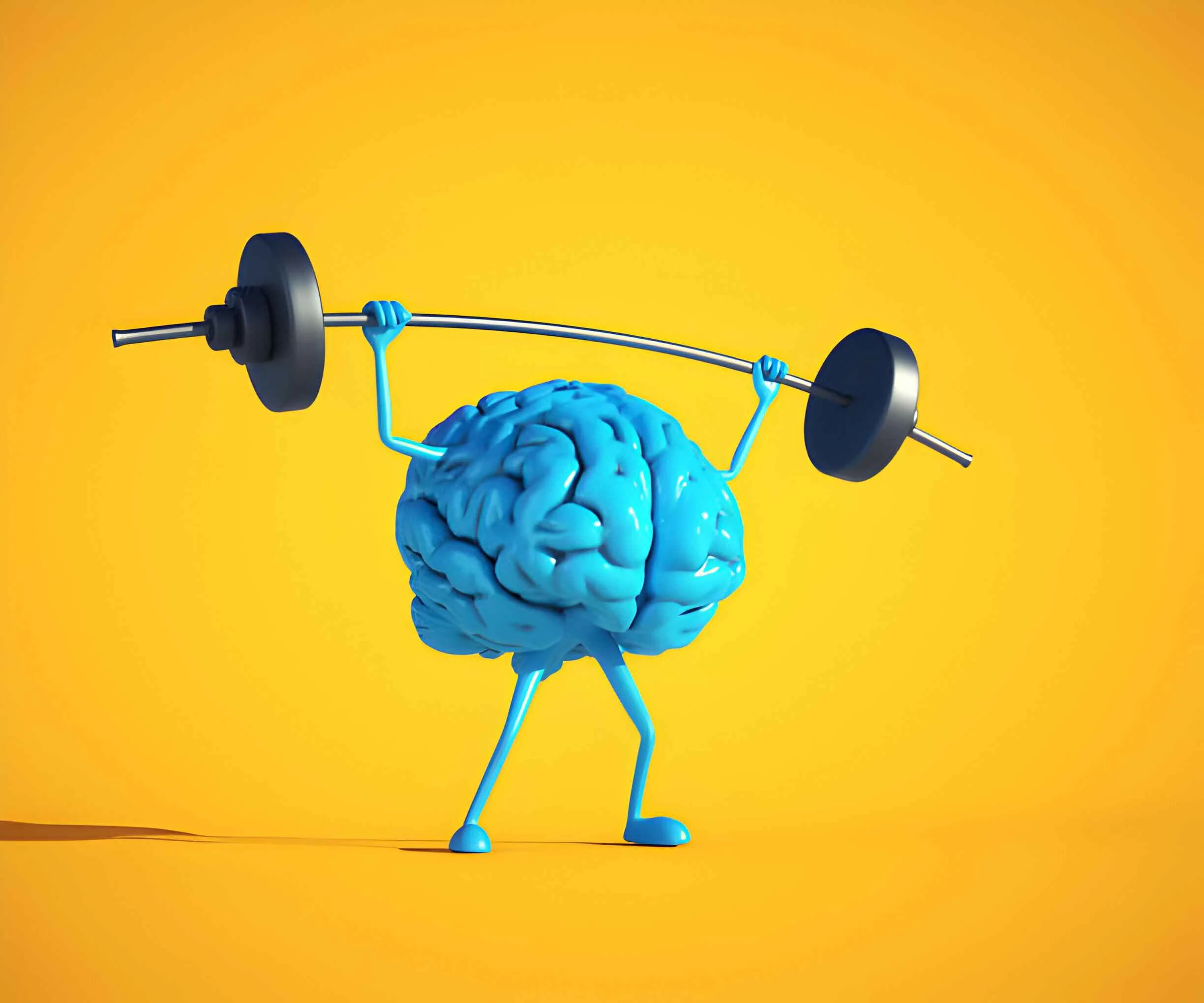Physical health is an essential aspect of overall well-being. It encompasses various factors such as exercise, nutrition, sleep, and stress management. Optimizing physical health requires a combination of these factors to achieve a healthy and balanced lifestyle.

One of the key components of physical health is regular exercise. Exercise helps to improve cardiovascular fitness, build muscle strength, and reduce the risk of chronic conditions such as heart disease, diabetes, and several cancers. It also promotes mental health by reducing stress and anxiety levels. A balanced exercise routine should include both aerobic and strength training exercises.
In addition to exercise, proper nutrition is crucial for optimal physical health. A balanced diet should include a variety of whole foods such as fruits, vegetables, whole grains, lean protein, and healthy fats. Adequate hydration is also essential for maintaining physical health. Drinking plenty of water throughout the day can help regulate body temperature, transport nutrients, and flush out toxins.
Understanding Physical Health
Definition of Physical Health
Physical health refers to the overall well-being of the body, including its ability to perform daily activities without experiencing fatigue or pain. It encompasses various aspects, such as cardiovascular and muscular endurance, strength, flexibility, and body composition.
A person with good physical health has a healthy body weight, strong bones and muscles, and a low risk of chronic diseases such as diabetes, heart disease, and cancer.
Importance of Physical Health
Maintaining optimal physical health is crucial for overall well-being and longevity. Regular physical activity can improve brain health, help manage weight, reduce the risk of disease, strengthen bones and muscles, and improve the ability to do everyday activities.
In addition, physical health has a significant impact on mental health. Taking care of the body can improve mood, reduce stress and anxiety, and enhance self-esteem.
By adopting healthy habits and making conscious lifestyle choices, individuals can significantly enhance their physical health. This includes engaging in regular physical activity, eating a balanced diet, getting enough sleep, and avoiding harmful substances such as tobacco and excessive alcohol.
Overall, understanding and prioritizing physical health is essential for leading a healthy and fulfilling life.
Nutrition and Diet
Maintaining a healthy diet is essential for optimizing physical health. Here are some tips for a balanced diet, hydration, and supplements.
Balanced Diet
A balanced diet includes a variety of foods from all food groups, including fruits, vegetables, whole grains, lean proteins, and healthy fats. It is important to limit processed and high-fat foods, as well as sugary drinks and snacks. Eating a balanced diet can help maintain a healthy weight, reduce the risk of chronic diseases, and provide the necessary nutrients for optimal physical health.
Hydration
Staying hydrated is crucial for physical health. Drinking enough water can help regulate body temperature, transport nutrients, and flush out toxins. It is recommended to drink at least 8 cups of water per day, but this can vary depending on factors such as activity level and climate. Other sources of hydration can include herbal teas, fruits, and vegetables with high water content.
Supplements
While a balanced diet can provide most of the necessary nutrients for optimal physical health, some people may benefit from supplements. It is important to consult with a healthcare professional before taking any supplements, as they can interact with medications and may not be necessary for everyone. Some commonly recommended supplements include vitamin D, omega-3 fatty acids, and probiotics.
In summary, maintaining a balanced diet, staying hydrated, and considering supplements under the guidance of a healthcare professional can help optimize physical health.
Regular Exercise
Regular exercise is essential for maintaining good physical health. It can help control weight, reduce the risk of chronic diseases, improve mental health, and increase overall energy levels.
Different Types of Exercise
There are several different types of exercise, each with its own benefits. Some examples include:
Aerobic exercise: This type of exercise involves activities that increase the heart rate and breathing, such as running, cycling, or swimming. Aerobic exercise can improve cardiovascular health, help control weight, and reduce the risk of chronic diseases.
Strength training: This type of exercise involves using weights or resistance to build muscle mass and strength. Strength training can help improve bone density, increase metabolism, and reduce the risk of injury.
Flexibility and balance exercises: These exercises focus on improving flexibility, balance, and range of motion. Examples include yoga, Pilates, and tai chi. These exercises can help reduce the risk of falls and improve overall mobility.
Creating an Exercise Routine
To reap the benefits of exercise, it's important to create a routine that is sustainable and enjoyable. Here are some tips for creating an exercise routine:
Set realistic goals: Start with small goals and gradually increase the intensity and duration of your workouts.
Mix it up: Incorporate different types of exercise into your routine to keep it interesting and challenging.
Schedule it in: Make exercise a priority by scheduling it into your daily routine.
Find a workout buddy: Having a workout partner can help keep you motivated and accountable.
Listen to your body: If you experience pain or discomfort during exercise, modify or stop the activity.
Regular exercise is a key component of overall physical health. By incorporating different types of exercise into a sustainable routine, individuals can improve their physical health and reduce the risk of chronic diseases.
Sleep and Rest
Getting adequate sleep and rest is essential for optimizing physical health. In this section, we will discuss the importance of sleep and the benefits of rest and recovery.
Importance of Sleep
Sleep plays a crucial role in maintaining physical health. During sleep, the body repairs and regenerates tissues, strengthens the immune system, and consolidates memories. Lack of sleep can lead to a variety of health problems, including obesity, diabetes, cardiovascular disease, and depression.
According to the Sleep Foundation, adults need 7-9 hours of sleep per night, while teenagers need 8-10 hours and children need 9-11 hours. To optimize sleep quality, it is important to establish a consistent sleep routine, avoid caffeine and alcohol before bedtime, and create a comfortable sleep environment.
Rest and Recovery
Rest and recovery are also crucial for optimizing physical health. Rest allows the body to recover from physical and mental stress and prevents burnout. Recovery, on the other hand, involves activities that promote healing and repair, such as stretching, foam rolling, and massage.
In addition to sleep, incorporating regular rest and recovery into a fitness routine can help prevent injury and improve performance. According to the American Council on Exercise, rest days should be taken every 1-2 weeks, and active recovery activities should be included in a workout plan.
Overall, getting enough sleep and incorporating rest and recovery into a fitness routine are essential for optimizing physical health. By prioritizing these activities, individuals can improve their overall well-being and prevent a variety of health problems.
Mental Health and Physical Health
Maintaining good mental health is essential for optimizing physical health. Mental and physical health are closely related, and one can affect the other. Here are two important aspects of mental health that can have a significant impact on physical health.
Stress Management
Stress is a common experience that can have a negative impact on both mental and physical health. Chronic stress can lead to a range of health problems, including high blood pressure, heart disease, and depression.
To manage stress, it is essential to identify the sources of stress and find ways to cope with them. Some effective stress-management techniques include:
- Exercise: Physical activity can help reduce stress levels by releasing endorphins, the body's natural feel-good chemicals.
- Mindfulness meditation: This practice involves focusing on the present moment and accepting one's thoughts and feelings without judgment.
- Deep breathing: Taking slow, deep breaths can help calm the body and reduce stress levels.
- Social support: Talking to friends or family members can help reduce stress levels and provide emotional support.
Mind-Body Connection
The Mind-body connection refers to the relationship between mental and physical health. Research has shown that the mind and body are closely interconnected, and that mental health can have a significant impact on physical health.
For example, chronic stress can lead to a range of physical health problems, including high blood pressure, heart disease, and obesity. On the other hand, positive emotions, such as happiness and contentment, can have a protective effect on physical health.
To maintain good mental and physical health, it is essential to take care of both aspects of health. Some effective ways to promote good mental and physical health include:
- Regular exercise: Physical activity can help reduce stress levels and promote good physical health.
- Healthy diet: Eating a balanced and nutritious diet can provide the body with the nutrients it needs to function properly.
- Quality sleep: Getting enough sleep is essential for both mental and physical health.
- Mindfulness meditation: This practice can help reduce stress levels and promote good mental health.
By taking care of both mental and physical health, one can optimize their overall health and well-being.



0 Commentaires